Peaceworks
Publications
Articles, publications, books, tools and multimedia features from the U.S. Institute of Peace provide the latest news, analysis, research findings, practitioner guides and reports, all related to the conflict zones and issues that are at the center of the Institute’s work to prevent and reduce violent conflict.
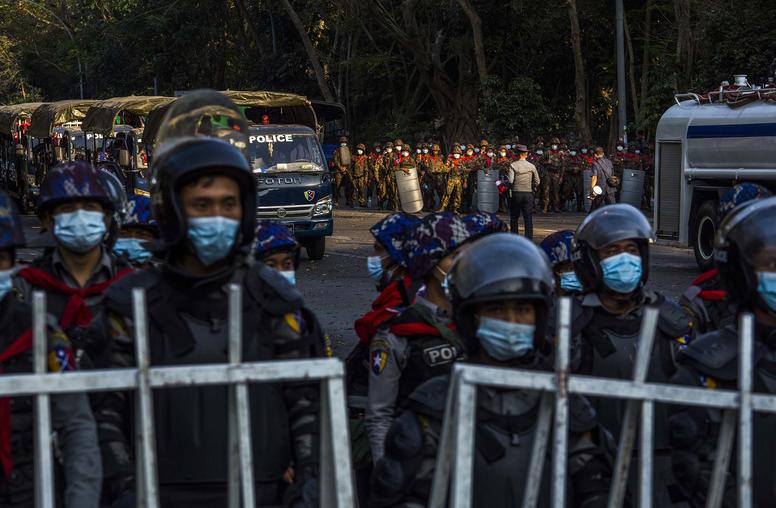
Myanmar Coup: The International Shockwaves Have Just Begun
Myanmar has collapsed into horrific violence since the military sought to retake full control of the country on February 1. Western governments have watched in distress as soldiers rounded up civilian leaders including State Counsellor Aung San Suu Kyi and President Win Myint, restricted internet access, rolled back individual freedoms and ultimately employed violence against the people. These domestic effects of the coup have been widely noted. USIP’s Jason Tower examines here the less discussed international security repercussions, the response of regional actors and options for preventing mass atrocities in the coming weeks.
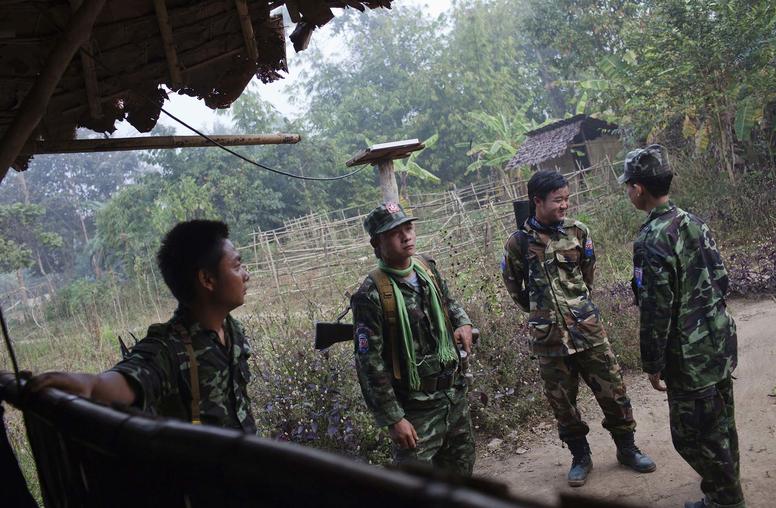
Myanmar: Army Moves Against Chinese Crime Groups in Autonomous Zones
Myanmar authorities, alarmed by the surging growth of autonomous zones where criminal interests operate under the protection of domestic militias, are moving to curb the influence of Chinese transnational crime groups in those areas and impose the rule of law.
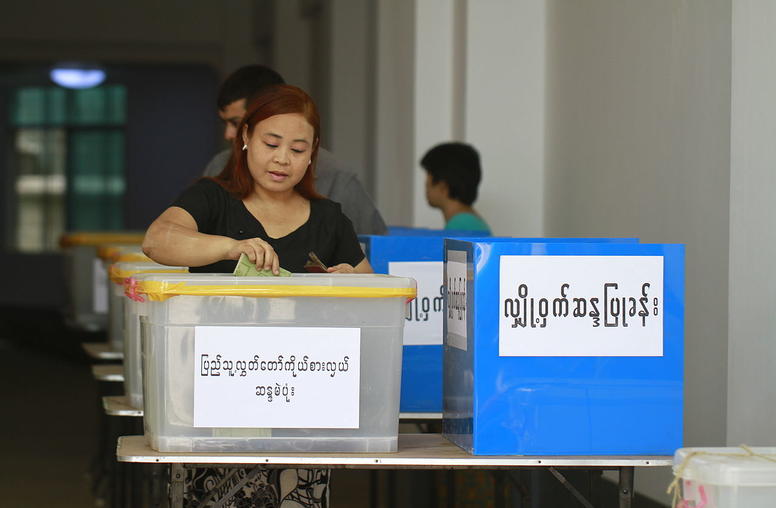
Myanmar Elections 2020: Ethnic Tensions and a Military Hand
The ruling National League for Democracy (NLD) is expected to win Myanmar’s general elections on November 8, but the 2020 race is much more hotly contested than 2015. The growing political frustration of the country’s non-Burma ethnic nationalities is fueling insurgencies and the military-affiliated Union Solidarity and Development Party, and its armed forces patrons, are criticizing the government and attacking the country’s feeble electoral institutions. The way Myanmar’s ethnic nationalities experience the process will have major implications for peacemaking efforts moving forward.
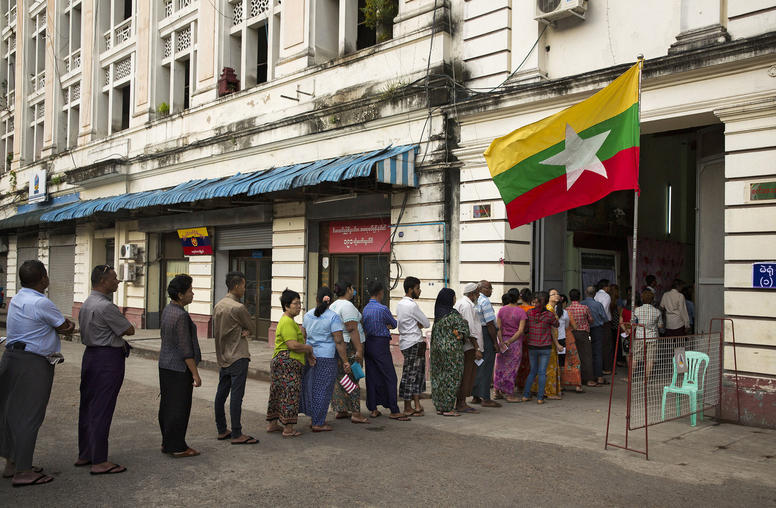
Election Cancellations in Rakhine State Could Signal Trouble for Myanmar
On October 16, when it took the stunning and sweeping decision to cancel most of the vote in Rakhine State on November 8, the Union Election Commission (UEC) disenfranchised an estimated 73% of Rakhine voters, in addition to the Rohingya who had been stripped of voting rights in 2015. The UEC justified its decision on the grounds that the election could be neither free nor fair because of ongoing armed conflict in the state. When critics asked why the elections had not been cancelled in war-stricken Paletwa, where security concerns are most acute, the UEC called off elections in parts of that Chin State town and restored them in a few village tracts in Rakhine.
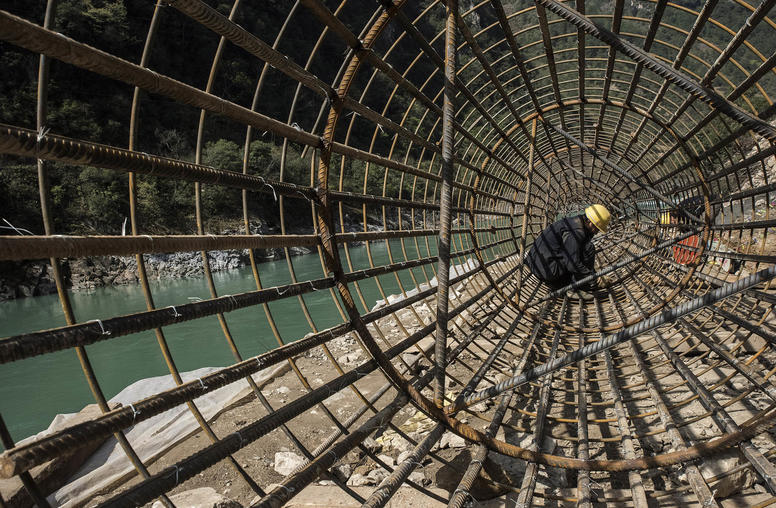
Is China Getting Serious About Crime on the ‘Belt and Road’?
As China’s leading foreign policy project, its Belt and Road Initiative (BRI) should be easy to understand. Yet since its inception in 2013, the BRI has remained remarkably opaque. The government publishes no criteria for approving BRI projects or comprehensive lists of authorized ones. Consequently, a range of Chinese investors—including some linked to organized crime—claim an association with the signature program of China’s leader, Xi Jinping. In host countries, this free-riding identification can threaten governance and stability, while further damaging the international community’s ability to check the spread of related criminal activity.
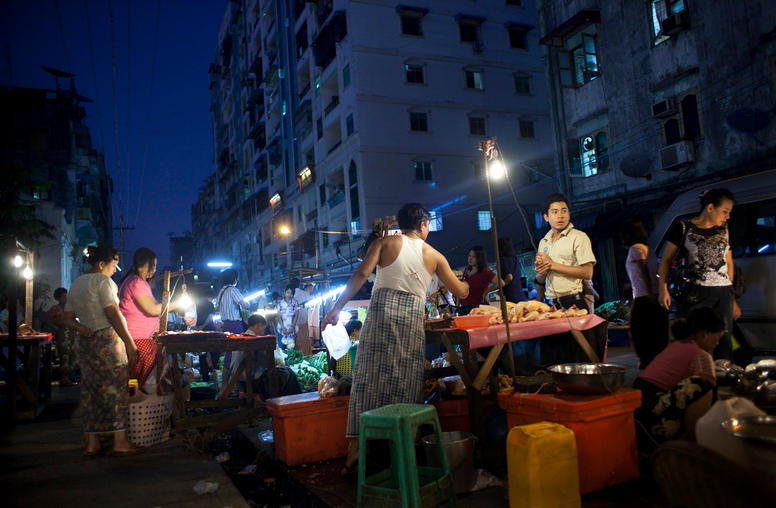
The Dangers of Myanmar’s Ungoverned Casino Cities
As a struggling, incomplete democracy, Myanmar and its elected leaders face challenges that would confound any country. The best-known involve the military’s uneven loosening of a 50-year dictatorship; ethnic tensions and armed conflicts; the lack of a common national identity; entrenched poverty; and the complications of borders with five nations, including China. Less well known is an emerging threat that touches each of these vital concerns. Over the past three years, transnational networks with links to organized crime have partnered with local armed groups, carving out autonomous enclaves and building so-called “smart cities” to tap into the huge, but illegal, Chinese online gambling market. Myanmar’s leaders at every level and in every sector should pay serious attention to the alarming national implications of these developments.
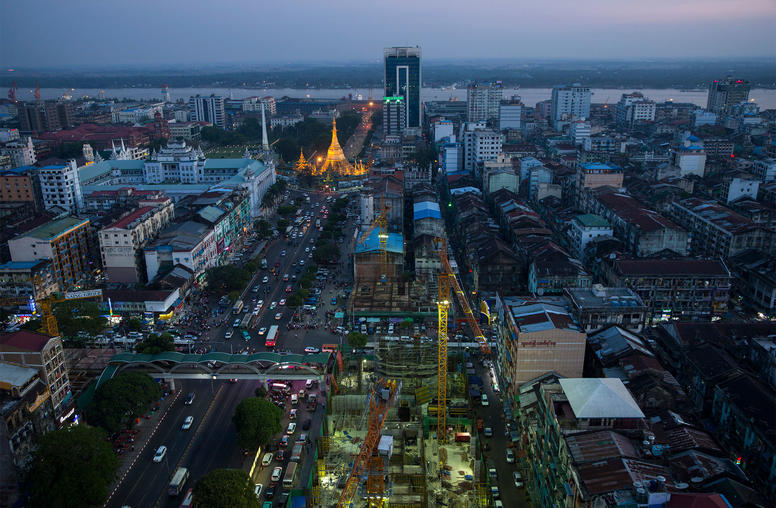
Myanmar: Casino Cities Run on Blockchain Threaten Nation’s Sovereignty
On January 20, a young venture capitalist named Douglas Gan sat down in a Philippine television studio to discuss, in part, an exciting new “Smart City” project his firm had become involved in. Sporting a black hoodie over a white tee-shirt, Gan described how one of his companies, Building Cities Beyond Blockchain, was already at work in Myanmar’s Yatai New City, recording instantaneous property transfers and showing the potential of blockchain technology. It’s a start, the anchor said. Gan agreed.
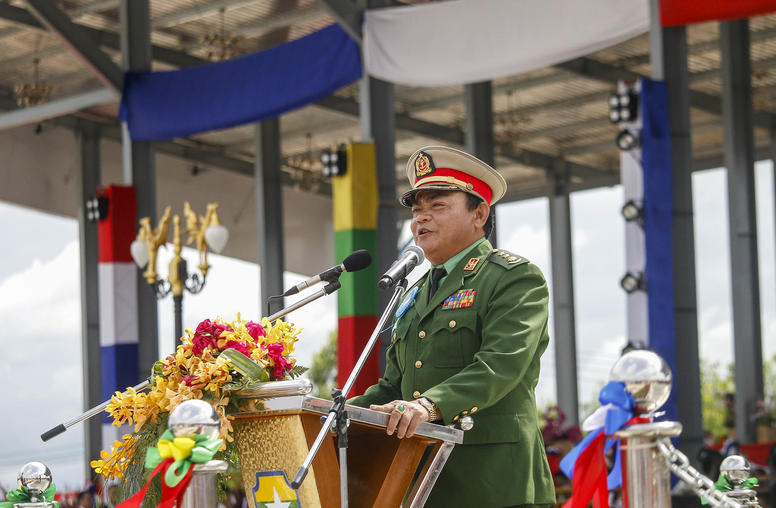
Myanmar’s Casino Cities: The Role of China and Transnational Criminal Networks
Seeking to profit from China's lucrative but illegal gambling market, a shady web of actors has begun building resort cities in Myanmar’s Karen State to cater to Chinese gamblers. This report casts light on the actors behind Myanmar’s illegal gambling sector, their linkages to Chinese government entities and to Myanmar's armed groups and military, and how their actions could upend Myanmar’s prospects for peace.
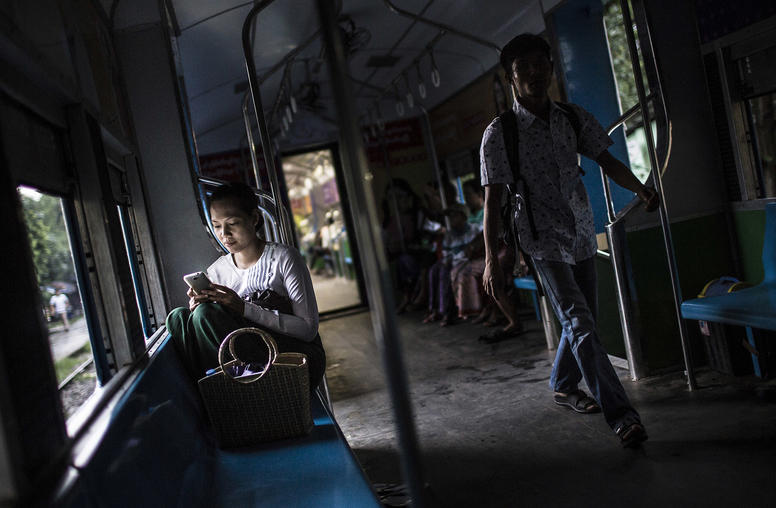
Myanmar: Transnational Networks Plan Digital Dodge in Casino Enclaves
The plans transnational crime groups have for Myanmar’s border region with Thailand are by no means easy to understand. Shards of information lie scattered across China, Myanmar, Cambodia, the Philippines, and Thailand. They appear in various languages in publicity videos on the internet, in business plans circulated on social media, and in white papers released by companies and individuals launching increasingly sophisticated schemes. The outline becomes clear, however, after cutting through denials and obfuscations, untangling local and international politics, and assembling the fragmentary data: A multinational cohort of individuals, linked to cross-border criminal activity, has allied with local armed groups in Myanmar to establish a base of operations beyond the reach of its civilian government. This creates an optimal environment to tap into the $25 billion-a-year illegal online gambling market in the People’s Republic of China.
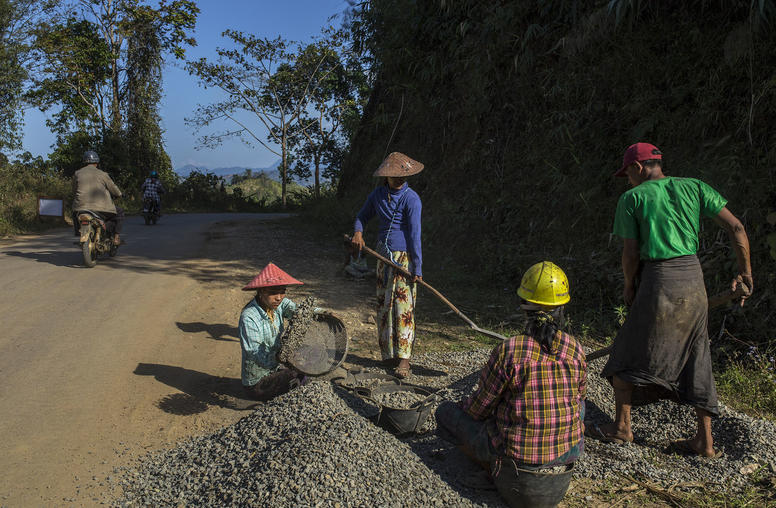
China Using Pandemic Aid to Push Myanmar Economic Corridor
From almost the moment Myanmar detected its first case of COVID-19 on March 23, China jumped to aid its neighbor to the south. China’s army, navy, and government agencies, as well as companies, showered nearly every level of Myanmar’s government and military with health assistance. The question for Myanmar civil society groups was whether the help came with strings attached. On May 21, they got their answer: After a phone call between Chinese leader Xi Jinping and Myanmar’s President U Win Myint about COVID-19 response and Chinese assistance, Xi moved to a second agenda item—the implementation of 33 cooperative economic agreements signed during his historic visit to Myanmar in January. Of particular concern: co-construction of the multi-billion-dollar China-Myanmar Economic Corridor.